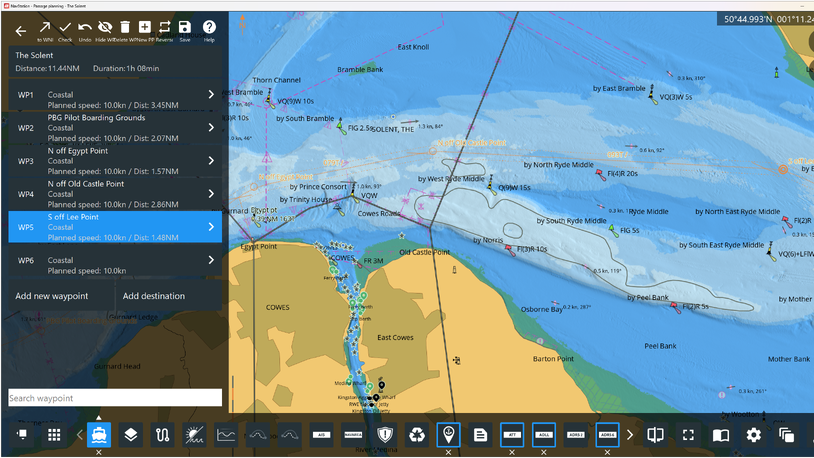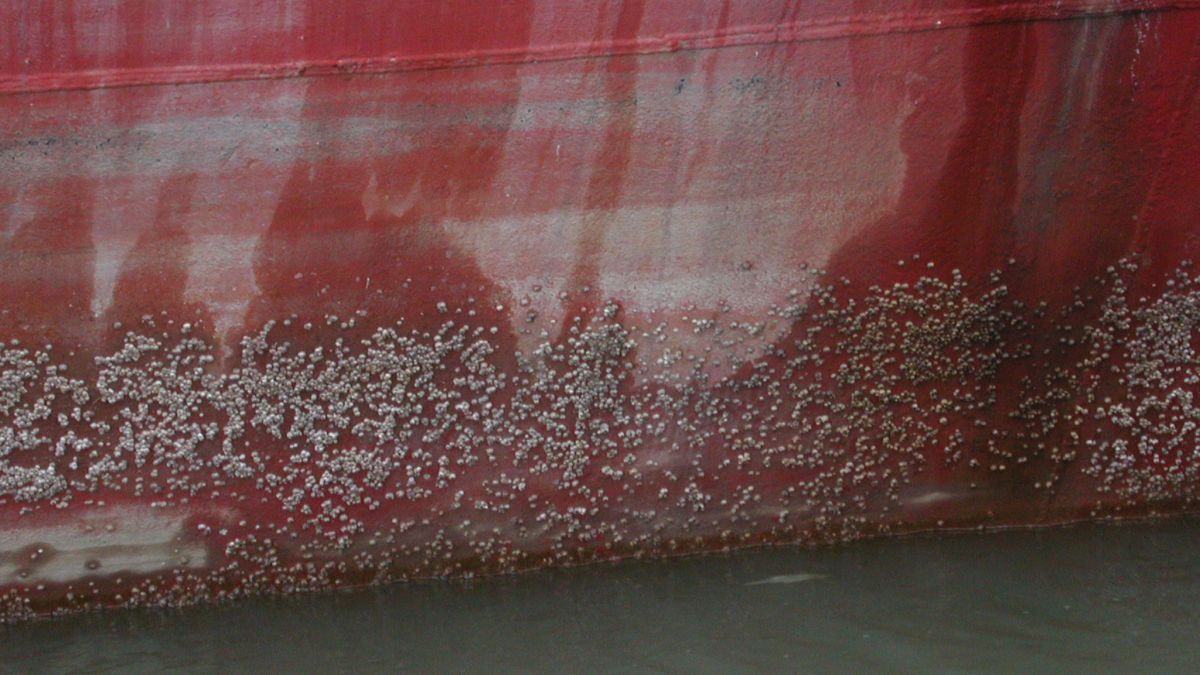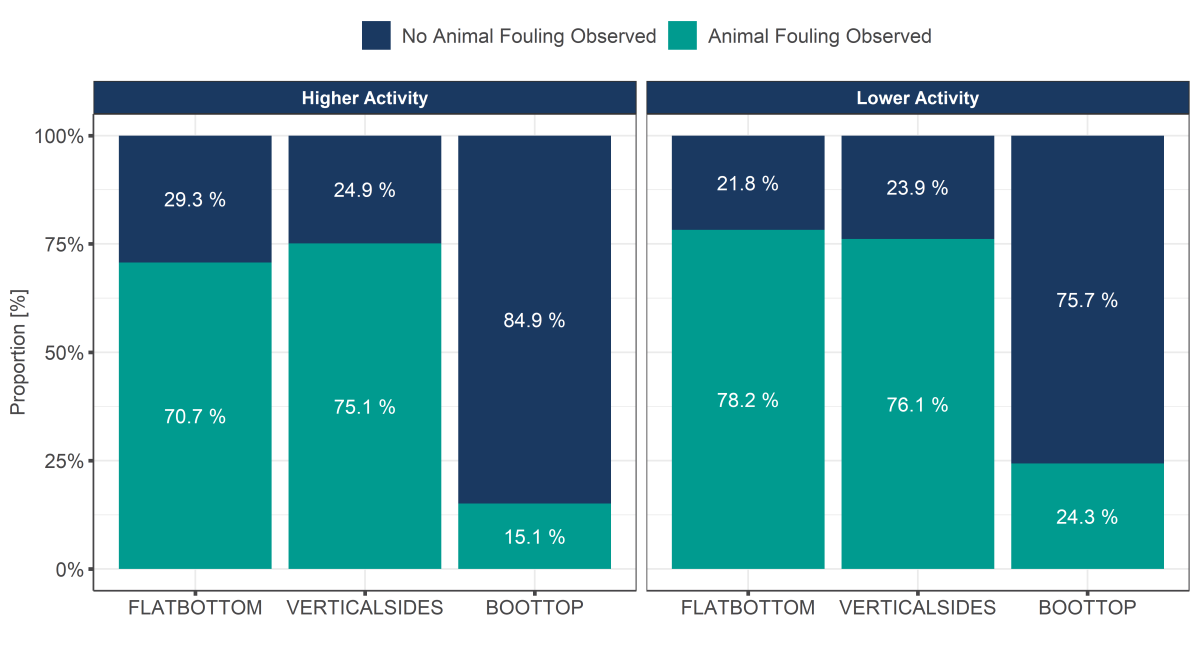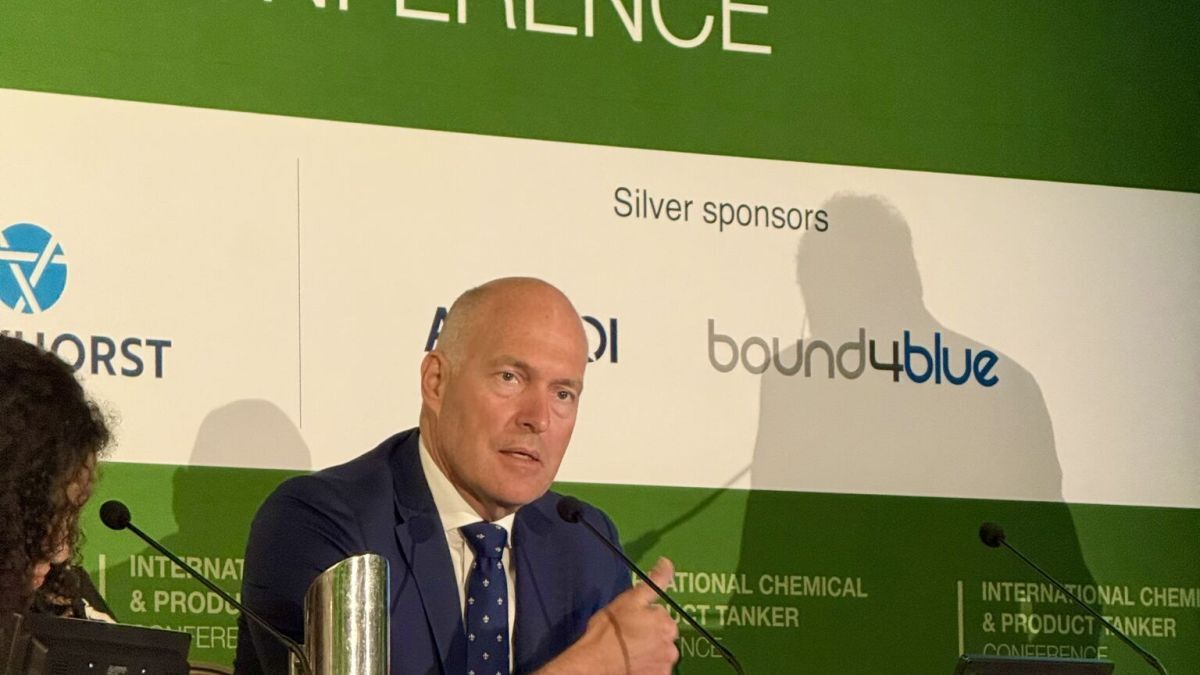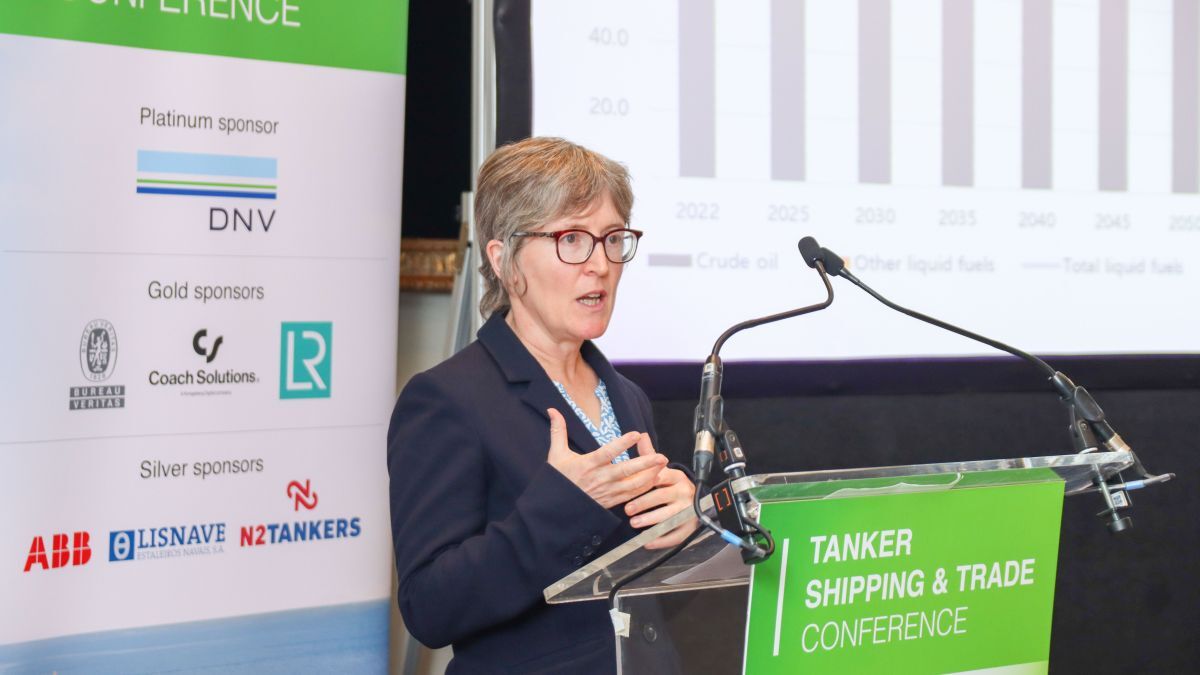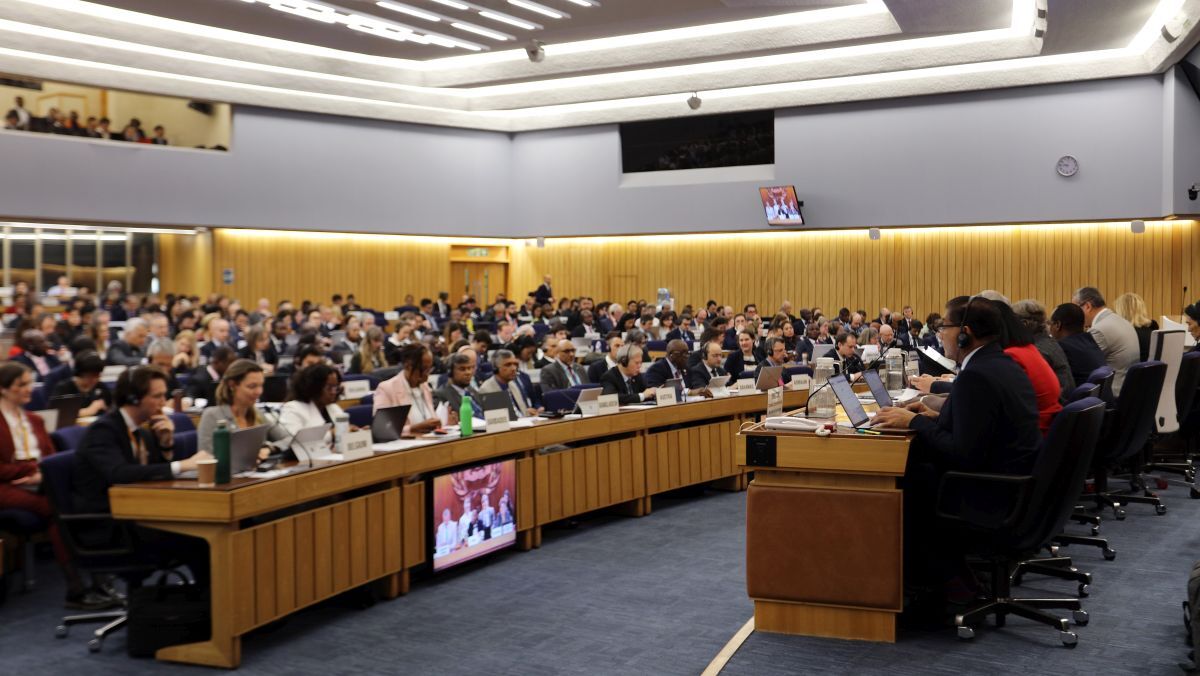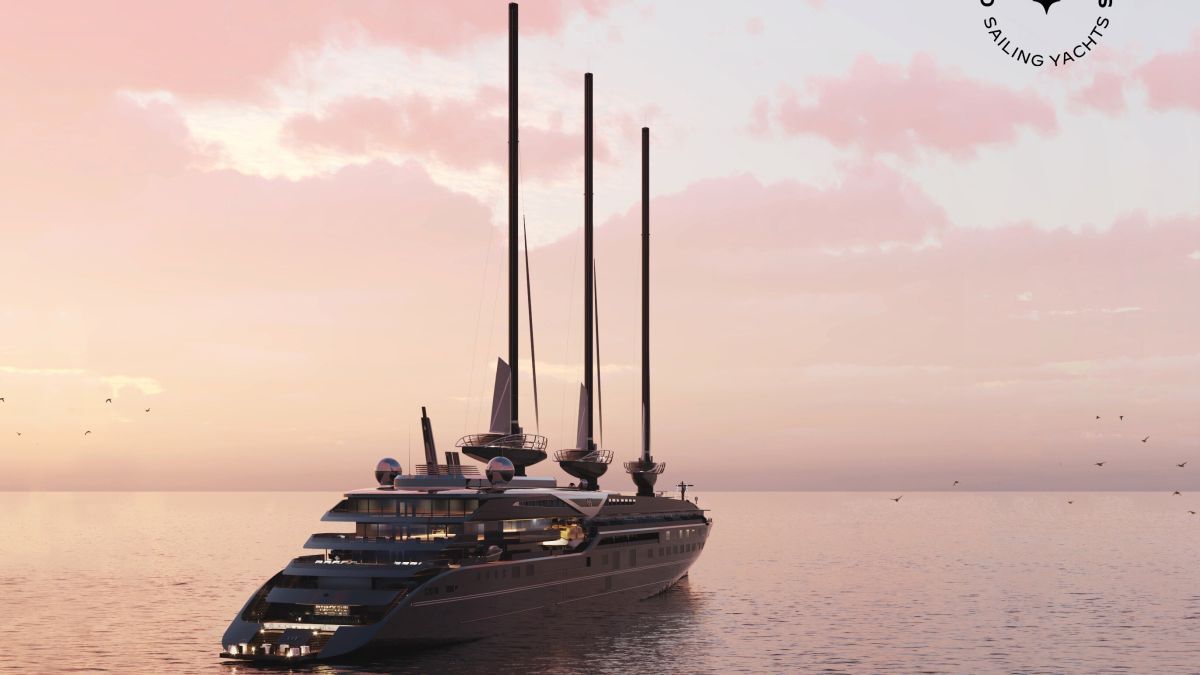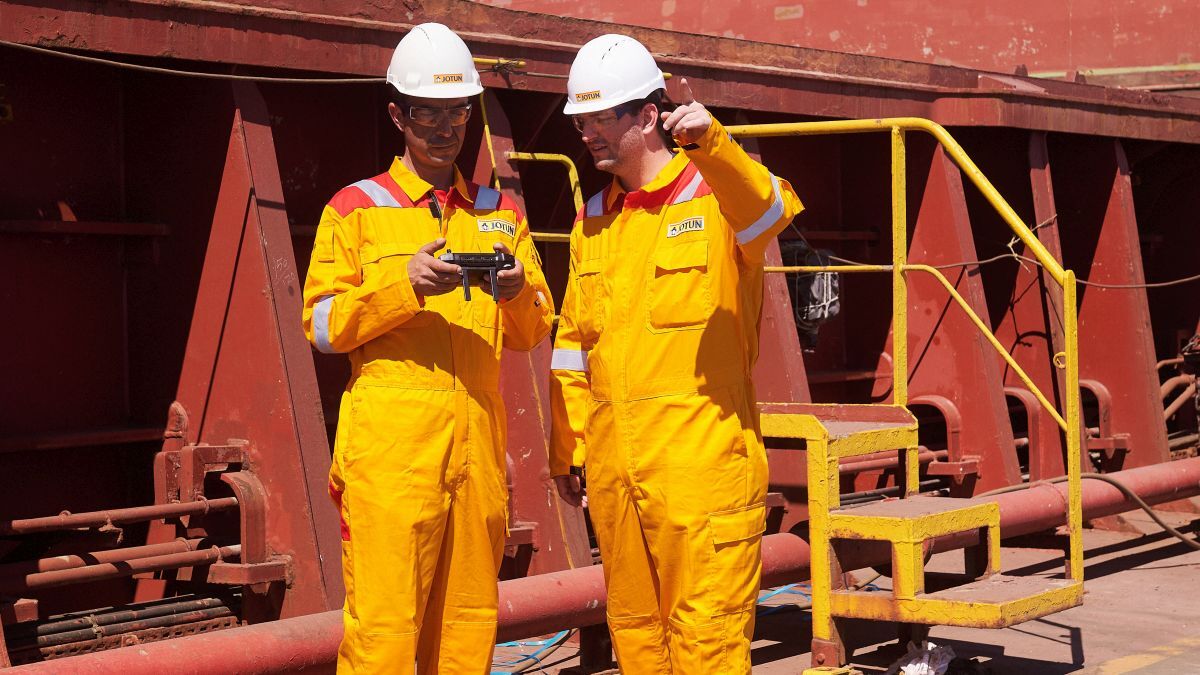Business Sectors
Events
Contents
Register to read more articles.
Study confirms barnacle biofouling is a big burden
The study shows around 70% of container ships inspected had barnacle biofouling present on their underwater hull
The reality of the barnacle biofouling burden on the global shipping fleet has been determined, with findings from an extensive analysis of hull condition across a large group of ships.
A new research study titled How much could barnacles limit shipping’s decarbonisation? published by I-Tech, developers of the barnacle repelling antifouling technology, Selektope, details how more than a third of vessels in a 685-sample group sailed into drydock with barnacles covering more than 10% of their hull surface.
More than a fifth of vessels inspected in the sample group were found to have over 20% of their underwater hull surface covered with barnacle biofouling; whereas only 140 vessels inspected had the optimal condition of less than 0.1% barnacle biofouling coverage.
The extensive data analysis that sits at the core of the new research study was conducted by an independent marine coatings consultancy group based on data collected from 685 vessel hull condition inspections undertaken between 2015-2025 on most vessel types, with a range of trading activity levels.
Barnacle biofouling was found on all vessel types. Around 70% of container ships inspected were found to have barnacle biofouling present on their underwater hull.
It was also clear that lower activity vessels are at greater risk, and barnacle biofouling is more prevalent on the flat bottom area, compared with vertical sides or boot top hull areas.
I-Tech technical director Markus Hoffmann says, “The findings that more than a fifth of vessels in this study had more than 20% barnacle biofouling is concerning. This reinforces that antifouling coating systems with good static performance, boosted by the presence of biocides that target hard fouling even under extended static conditions, are an absolute necessity if barnacle fouling is to be reduced to much lower levels on a global fleet scale.”
From the conclusions drawn in the How much could barnacles limit shipping´s decarbonisation? research study, I-Tech’s advice for shipowners and operators includes using careful consideration of hard biofouling protection components during the antifouling coating selection process. Ensuring adequate hard biofouling protection for all vessels, but particularly those at risk of longer idling periods while in-service, is essential for the adequate protection of the global shipping fleet from barnacle biofouling.
Riviera’s Marine Environmental Protection Webinar Week will be held from 12 May 2025. Click here to register for this free-to-attend event.
Related to this Story
Women in Maritime Today: Elin Saltkjel says no day working in maritime is dull
Events
Maritime Environmental Protection Webinar Week
Cyber & Vessel Security Webinar Week
The illusion of safety: what we're getting wrong about crews, tech, and fatigue
Responsible Ship Recycling Forum 2025
© 2024 Riviera Maritime Media Ltd.

